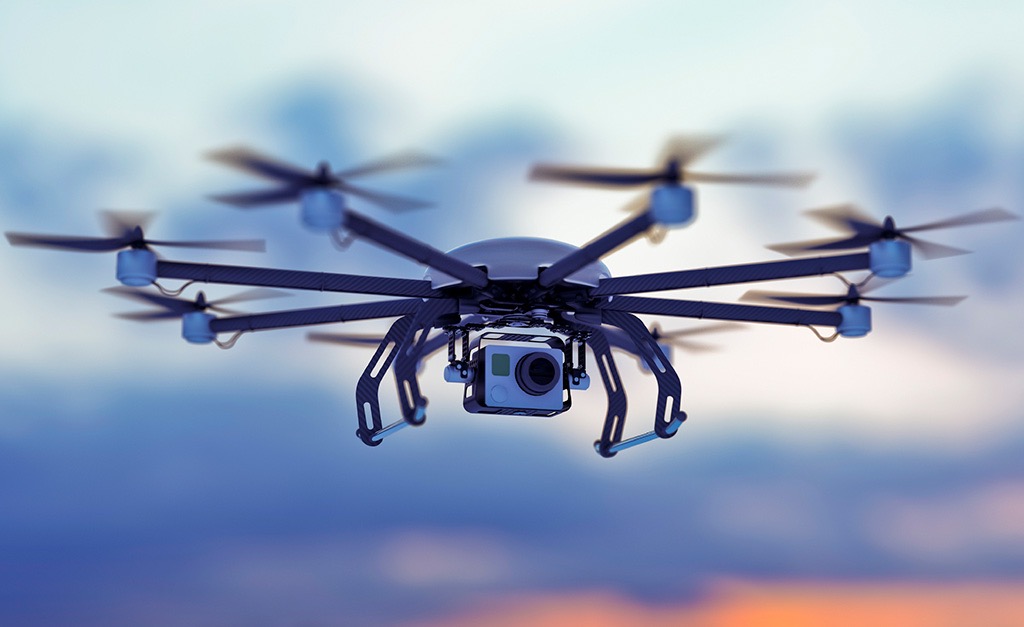Have a New Drone in Your Home after the Holidays?
You’re not alone. The Federal Aviation Administration (FAA) recently reported that more than 616,000 owners of drones, also known as unmanned aircraft systems (UAS), have participated in the first year of the FAA’s online registration program. ALPA continues to urge the FAA to require registration at the “point of sale,” which would allow all, not just some, UAS owners to become informed and engaged in keeping themselves and their community safe when they fly a UAS.
ALPA’s primary concern in integrating UAS into the national airspace has been, and always will be, safety. We have long promoted a four-point safety action plan for UAS that is centered on education, registration, technology, and penalties and enforcement.
While both Transport Canada (TC) and the FAA, in partnership with North American aviation stakeholders, have made important strides in many of these areas, more must be done. Specifically, ALPA has underscored the importance of adequate UAS oversight by aviation safety regulators. We also believe that safety officials must maintain a robust data reporting and tracking mechanism for UAS, and that they must ensure inspectors receive proper guidance and training.
From a manufacturing standpoint, even if a drone is intended to operate below the airspace designed for use by manned aircraft, the UAS should be designed so that it cannot inadvertently end up in airspace shared with aircraft carrying passengers and cargo.
It’s also important to recognize that every individual UAS owner and operator plays an essential role in the safety equation. In the United States, all owners of small unmanned aircraft weighing more than 0.55 pounds (250 grams) and less than 55 pounds (approx. 25 kilograms) must register with the FAA. The same requirement is expected to be implemented in Canada.
Registering with the FAA and passing its UAS knowledge test is a way to help individuals ensure that they have the foundational understanding of aviation needed to fly one safely. Classes are also available to learn more, and information is readily available from the FAA and TC.
Every UAS owner has the opportunity and responsibility to help make sure air transportation remains safe. Through the information provided as part of the FAA’s registration process and through other online resources, UAS owners and operators can gain the basic aviation knowledge necessary to fly UAS safely.


